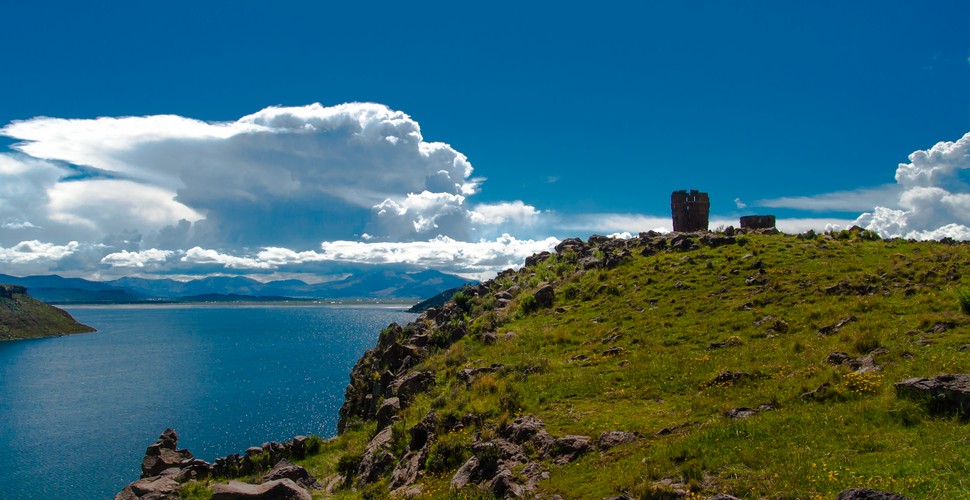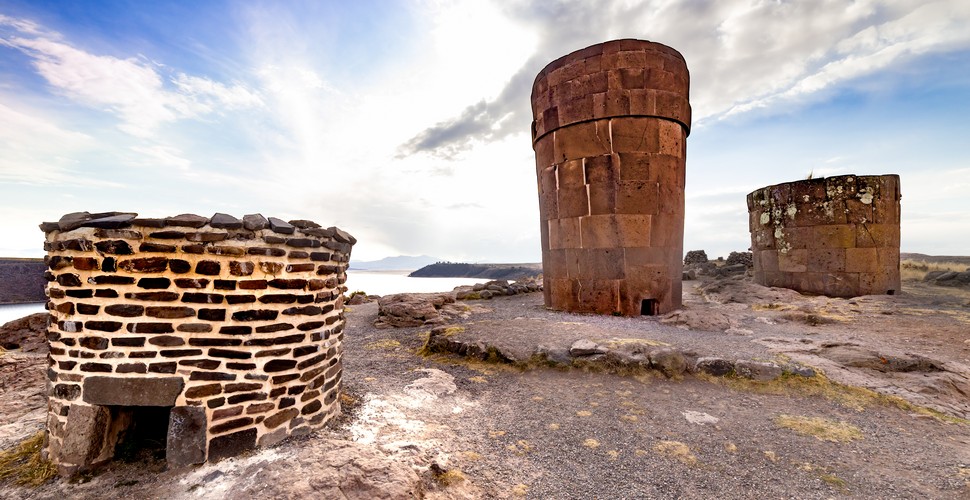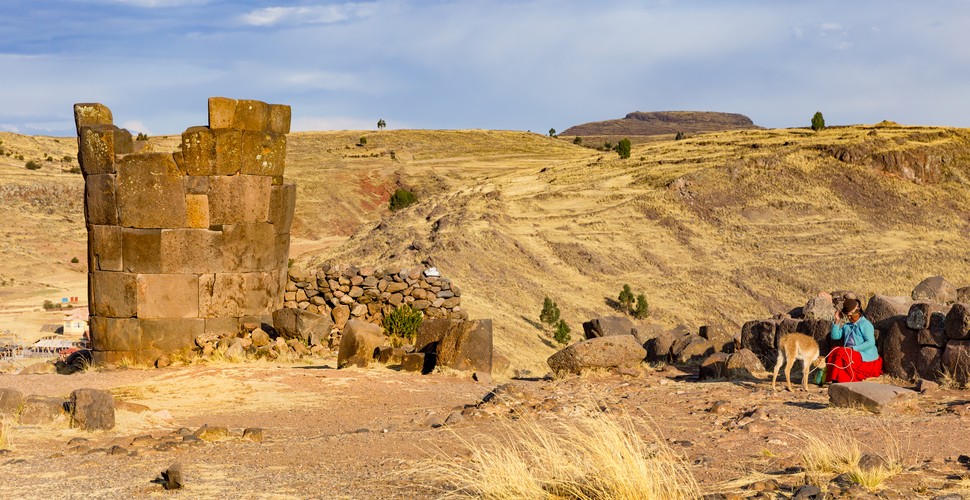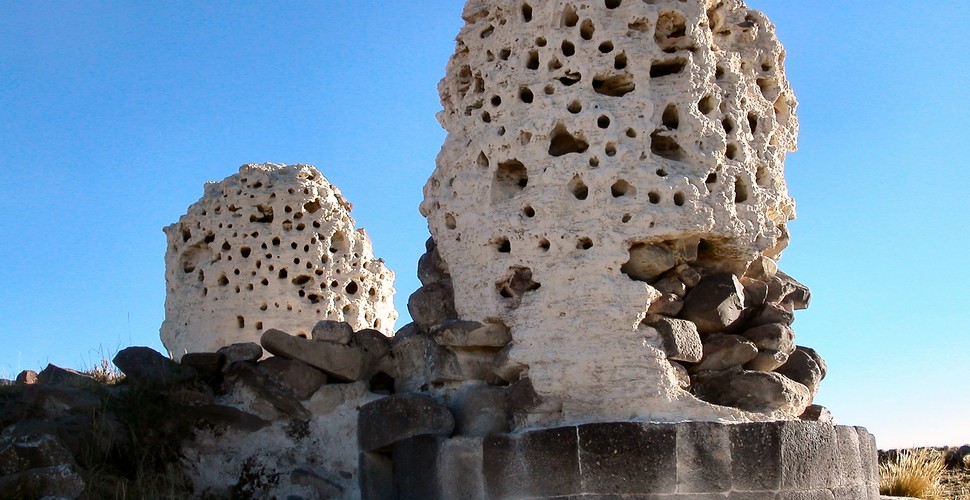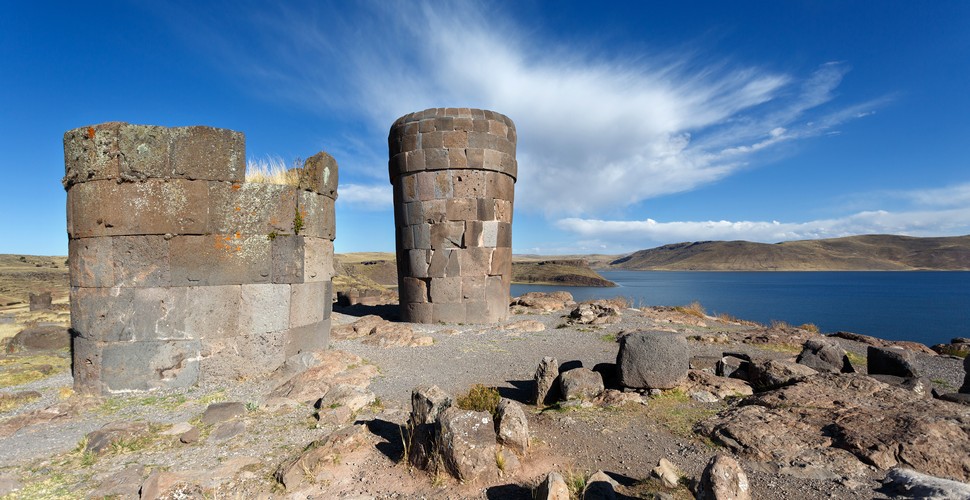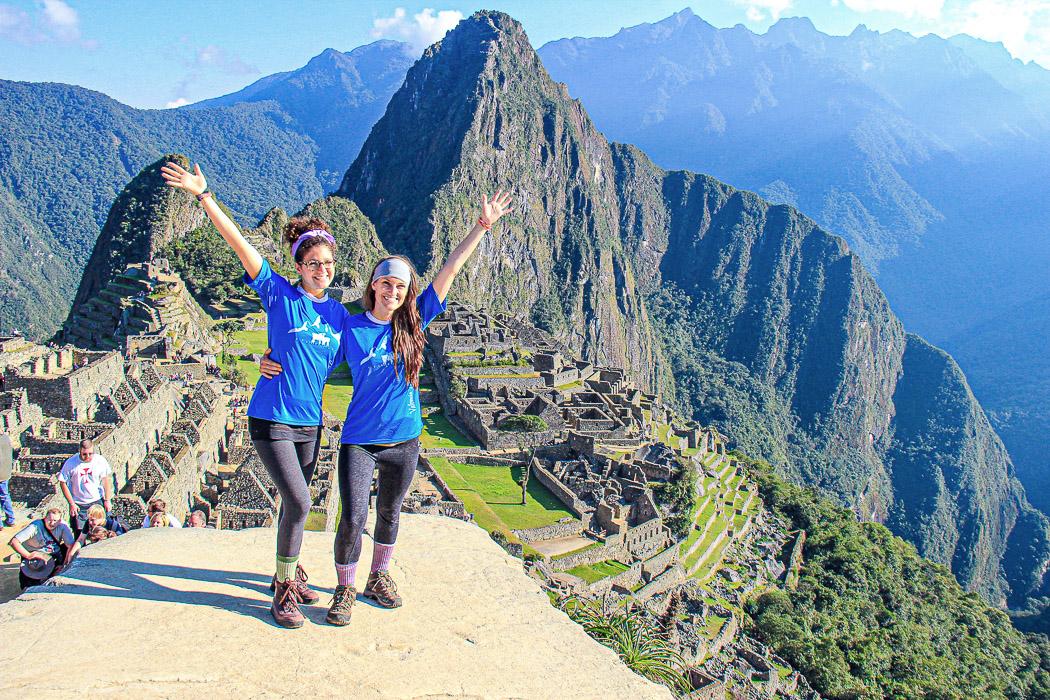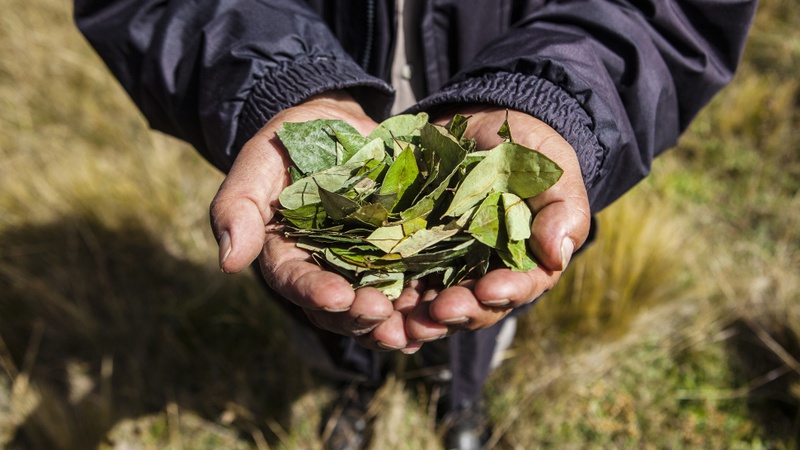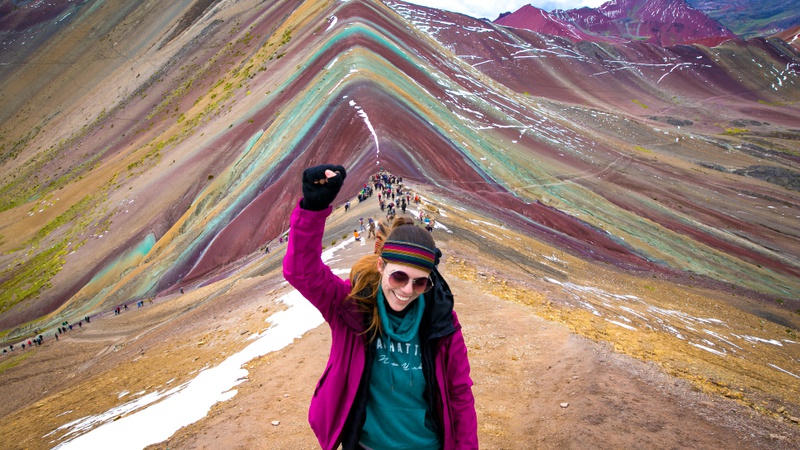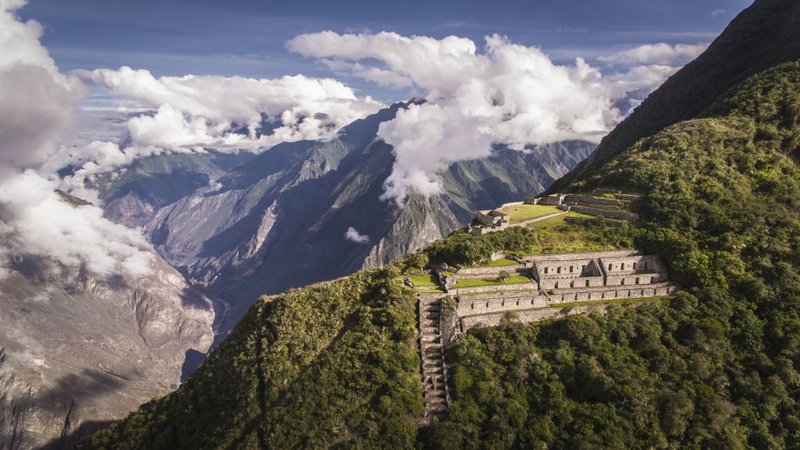
Sillustani Half-Day Tour
Written by:Valencia Travel
Last Update: 2025-02-11
Sillustani is one of the most unique sites in Peru. The main feature of this pre-Inca site is the huge cylindrical tombs, which were burial structures used by the Colla people and are among the most impressive remains left by the civilization that once lived in the area, near Lake Titicaca in Puno. Situated on the shores of Lake Umayo, at 4,000 meters (13,123 feet) above sea level, Sillustani is a large burial ground that dates to pre-Inca times. In fact, the site is believed to have been influenced by the Pukara, dating from 800 BC to 500 AD.
Silustani and lake Umayo
The Qulla People: An Aymara Society and Their Sacred Chullpas
The Qulla people, were an indigenous group that lived in western Bolivia, Chile, and Argentina for many centuries. They were an Aymara-speaking people and were conquered by the Incas in the 15th century. Colonial evidence at the time describes the Qulla as a highly centralized society. Veneration of the dead was an integral part of Qulla culture, and this was celebrated in this graveyard by the construction of a “chullpa”. A chullpa is a circular funeral tower made from large bricks; the tallest of these centuries-old towers stands around 12 meters high. The height and size of these towers increased with the importance of the people who were buried inside.
Different Chullpas at Sillustani
Chullpas: The Sacred Tombs of the Qulla Nobility and Their Afterlife Beliefs
A chullpa would have been constructed for a noble person or noble family. As part of the funerary rights, corpses would be buried in the tomb in a fetal position alongside a collection of their belongings, including items such as clothing and other everyday equipment. The interesting thing about these towers at Sillustani, is that they are wider at the top than at the bottom, and also at the bottom, there is only one opening, which faces the rising sun in the east. The opening is small enough to have allowed a person to crawl through. It was sealed after a burial. This opening was large enough for a person to crawl through, which symbolizes a belief that the dead would go onto an afterlife. Some of the chullpas have carvings that include lizards, thought to be a symbol of life due to the regenerating properties they have when it comes to losing and growing back their tails.
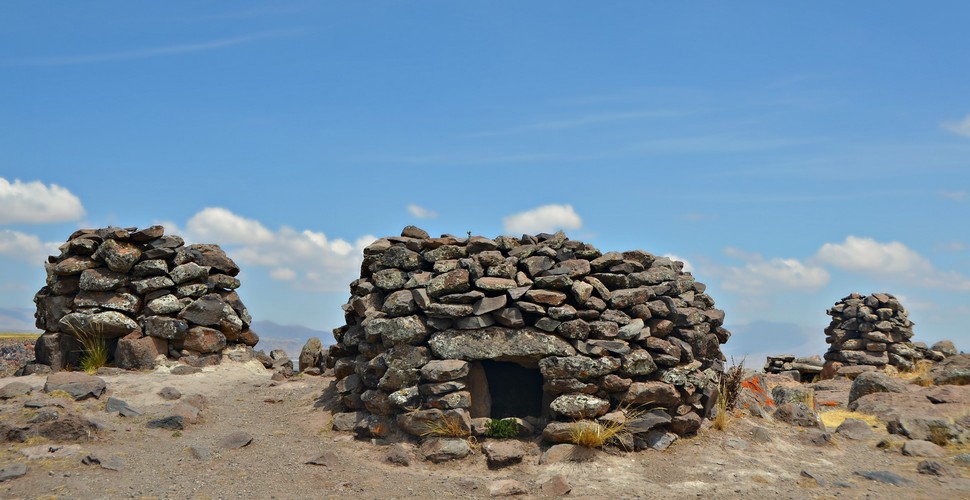
Small Doors in the Base
Not all chullpas were for one singular person. There were also tombs of this kind built for entire extended families of royal lineage or for the elite of Qulla society. The bodies ended up being mummified by the dry environment created by the tomb. As a result, they survived in relatively good conditions for centuries. However, many chullpas were looted by graverobbers, leaving only the structures themselves that remain to this day, often half destroyed.
Half Destroyed Chullpa and local Lady
The Architectural Marvel of Chullpas:
The chullpas themselves are impressive, not only in their size but the skill involved in creating them. The massive stone blocks that were used to create these stone burial towers are thought to be more complex than even Inca masonry. The Qulla used stones that were made with even, rectangular edges, as opposed to the Inca style of stones of varying sizes and with rounded edges. Two different building techniques exist at Sillustani. According to some scholars, the smaller chullpas, which have less intricate brickwork, are believed to be Qulla-built; the more complex stonework in the larger, rounded towers are attributed to either Incas or to Qulla people under Inca rule who have learned new building techniques. To this day, whether this is the case or not is hotly debated.
Chullpas
Royal Chullpas at Sillustani
Visit this fascinating ancient site on this archaeological tour of Sillustani, while you are in Puno and learn more about the lakeside civilizations of ancient Peru. Book here!
 Aventure
Aventure
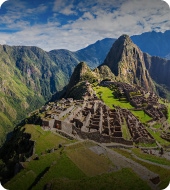 Cultural
Cultural
 Gastronomy
Gastronomy
 Wellness
Wellness
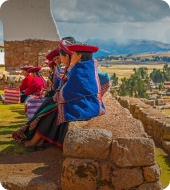 Local Living
Local Living
 Luxury
Luxury
